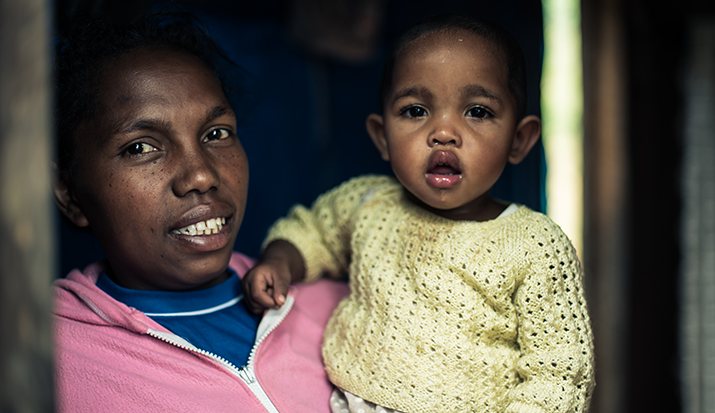MTaPS Supports USAID Efforts to Contain the COVID-19 Pandemic in Priority Countries
MTaPS Supports USAID Efforts to Contain the COVID-19 Pandemic in Priority Countries

The USAID MTaPS Program, led by MSH, is on the frontlines supporting USAID’s efforts to contain the spread of the COVID-19 virus in high-risk countries. The program’s mandate includes advancing the Global Health Security Agenda (GHSA) and is, therefore, well equipped to respond to global public health emergencies such as the current outbreak.
MTaPS has formed a COVID-19 response team to assist countries in developing a rapid response action plan to manage the outbreak. A COVID-19 information and resource hub has been developed to inform and expedite the implementation of country response plans and facilitate their coordination.
The program is currently assisting Bangladesh, Burkina Faso, Cameroon, Ethiopia, Jordan, Kenya, Mali, Mozambique, the Philippines, Tanzania, and Uganda and is expecting to expand its support to more countries where it has an on-ground presence and access to local technical expertise, both of which are vital to mobilizing a quick response to contain the outbreak.
MTaPS’ COVID-19 Rapid Response Strategies
The program’s approach to responding to the pandemic includes two critical strategies:
1. Implementing end-to-end infection prevention and control (IPC) measures in health facilities
- Pre-event preparedness (precautions, procedures, mechanisms, and trainings)
- Outbreak monitoring, control, and management
2. Strengthening commodity management to ensure a sustained supply of and access to commodities, such as medicines, masks, and hygiene products
The program is drawing on the immediate threat prevention and preparedness strategies recommended by global bodies, such as the World Health Organization (WHO). The approach also embeds existing national emergency preparedness and response plans and collaboration with national rapid response teams.
The team is leveraging its experience gained under its predecessor, the USAID-funded SIAPS program, which delivered rapid response support to four Ebola-stricken countries in West Africa between 2015 and 2016. The activities helped recover and rebuild essential drug management and delivery services and increased the countries’ heath system capacity and sustainability.
Ongoing IPC Work and Outbreak Response
Through MTaPS, MSH’s ongoing IPC activities position the program well to meet more countries’ response needs as they arise. Currently, the program works in 11 countries, including six francophone countries in Africa, to build their IPC capacity as part of its support to the GHSA to contain antimicrobial resistance, which is a growing threat to national and global health securities.
MSH has engaged with governments around the world to build resilient health systems for decades. This work has included coordinated action and measurable steps to prevent epidemics, detect threats early, and respond rapidly to disease outbreaks. MSH’s experiences also include substantial work in advocacy and coalition building, as well as in training in disaster preparedness and emergency communications outreach.
Related: Fact Sheet: MTaPS Support to Countries Facing COVID-19